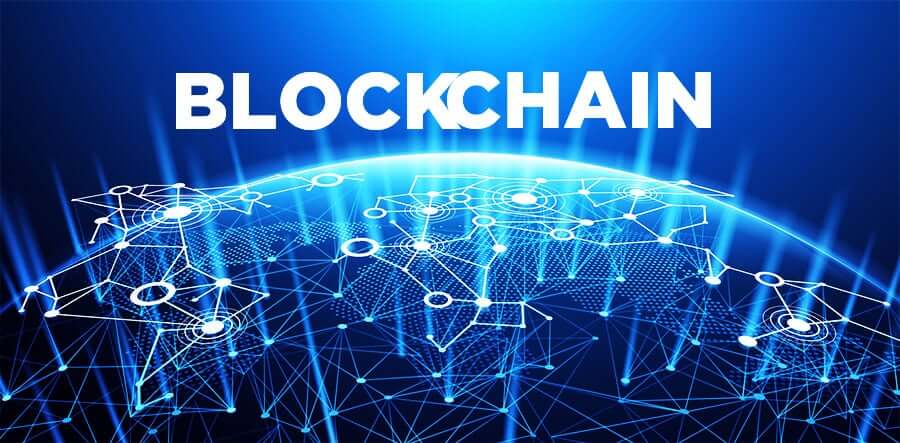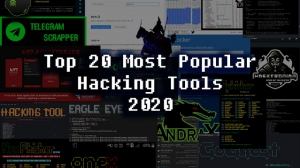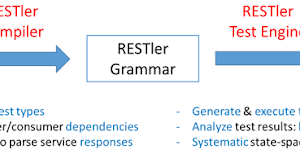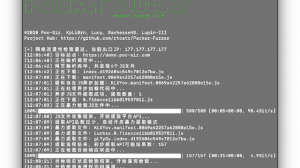Interview: Aragon’s Luis Cuende on Blockchain Governance & Digital Jurisdictions
Author: Bennett Garner
Bennett Garner: You’ve said “humans enforce contracts by giving away freedom.” Could you explain what you mean by that in the context of Aragon?
Luis Cuende: Basically when you enter a social contract, you are agreeing to give away some of your freedom so you are let into society and allowed to benefit from the good things it can offer. An example is that in order to live in a society you agree to be penalized if you do certain things, such as throwing trash into the floor. In exchange for refusing that freedom, you get to interact with the market, have some physical security, use the court system etc.
What’s the origin story behind Aragon? When and how did the idea start?
So, Jorge and I were working on something called Unpatent, which was kind of a patent troll killer. Patent trolls are a huge issue in the world because the US patent system sucks. At the end we kind of realized that the underlying problem was governance: everyone agreed that the system sucked, but oligopolies made sure it didn’t change for the better. That and other factors, such as Trump winning the elections, made us realize the importance of fixing governance in the world.
What’s the biggest problem Aragon seeks to solve?
The lack of evolution in governance. We are using the same governance systems from millennia ago, and it doesn’t make any sense. This causes effects such as oppression, inequality, poverty, etc.
Today, we can iterate governance models at the speed that we iterate software. We can try new models out without people getting killed. It’s a new era.
I’m intrigued by the idea of a “digital jurisdiction.” Can you tell us more about Aragon’s aspirations to enforce and adjudicate borderless digital contracts? How is a digital jurisdiction different from any other smart contract platform?
Smart contracts are wonderful. The issue is that encoding all of the human subtleties into code is unfeasible. That’s why having a court you can resort to makes sense.
If you think about nation states, they provide security. They own the land and they enforce that a set of laws are followed inside their land.
In crypto networks, blockchains ensure the security of crypto assets via immutability. However, blockchains and smart contracts sometimes need to amend themselves in order to evolve. The idea for the Aragon Network is that it will provide governance that will evolve and change over time. Therefore providing the same security a jurisdiction brings to the table, but in the crypto world.
As a digital jurisdiction, is the idea to replace governments? To act alongside governments?
Legacy governments will exist for a while. Most of them shouldn’t, though. But some of them will accommodate to this new economy, where businesses don’t have any local residence or jurisdiction. The ones that do will reap the benefits of attracting the most talented crowd in this century.
However, we are not competing against them to attract people to live there — humans cannot live in bytes yet. We are rather focusing on being the place where the economic interactions happen.
How is progress so far? Where are you on your roadmap? When do you anticipate a public version?
We just launched Aragon on the testnet last week! Mainnet will follow soon. You can try it at app.aragon.one.

For the Aragon Network, that will happen during this year, but we are still undergoing research.
You built Aragon on Ethereum. Why did you decide to use Ethereum instead of another platform or creating your own platform?
Ethereum is the best platform for creating smart contracts. The tooling is there, and the developer momentum is just off the charts. It’s an amazing community.
What failures or setbacks have you faced up to this point? What are the biggest challenges you foresee in the coming months?
Well, things took more time than expected for the 0.5 release because we did like 4 refactors. Creating something bulletproof, fully upgradeable and secure is still hard.
The biggest challenge in the next months will be related to governance research. Having community-driven governance will be a challenge in some circumstances where token holders just want to make a quick buck out of it. Planning and researching will be key.
What has been your happiest moment working on Aragon?
Hard to say, there have been a lot! I think when the token sale was done and we didn’t lose anyone’s money. It was the hardest months of my life, as it was only Jorge and me working on one of the most advanced dapps out there while also building a community and doing a token sale.
Do you have any partnerships or companies interested in building on Aragon that you can share with us?
Some of them are here! There are a lot of devs also building things on Aragon, as always, real stuff happens undercover in GitHub ?
What’s a typical day in the life of Luis like, working on Aragon?
Well, I used to work on product and design a lot. These past months I’ve been focused on legal more, just because the project needs it. Being a lead basically means that you have to do what the project requires, when it requires it. So I try to help where I can. I also spent a lot of time on hiring. The rest of the year I want to focus more on product and the Aragon Network.
I also try to minimize the amount of calls I have because I could easily be in calls all day all night.
Do you have any hobbies or personal goals outside Aragon?
I DJ! I’ve been doing it for the past 6 years but recently started uploading some mixes at http://mixcloud.com/angya. I also play basketball and love puppies.
What’s something you believe that most people think differently from you? (About blockchain, AI, or anything)
LC: A lot of people have misconceptions about how the world fundamentally works. Specially nation states, banks and other incumbents. People believe they have been with us since the Big Bang, but there are actually very recent inventions.
Is there anything else you’d like to add?
LC: We are hiring Frontend Devs and a Developer Relations! More info at http://wiki.aragon.one/jobs/ ?
Conclusion
A big thanks to Luis for taking the time to talk with us. Check out Aragon’s testnet and roadmap to see how you can get involved with this project.
Source: CoinCentral.com





















Add Comment